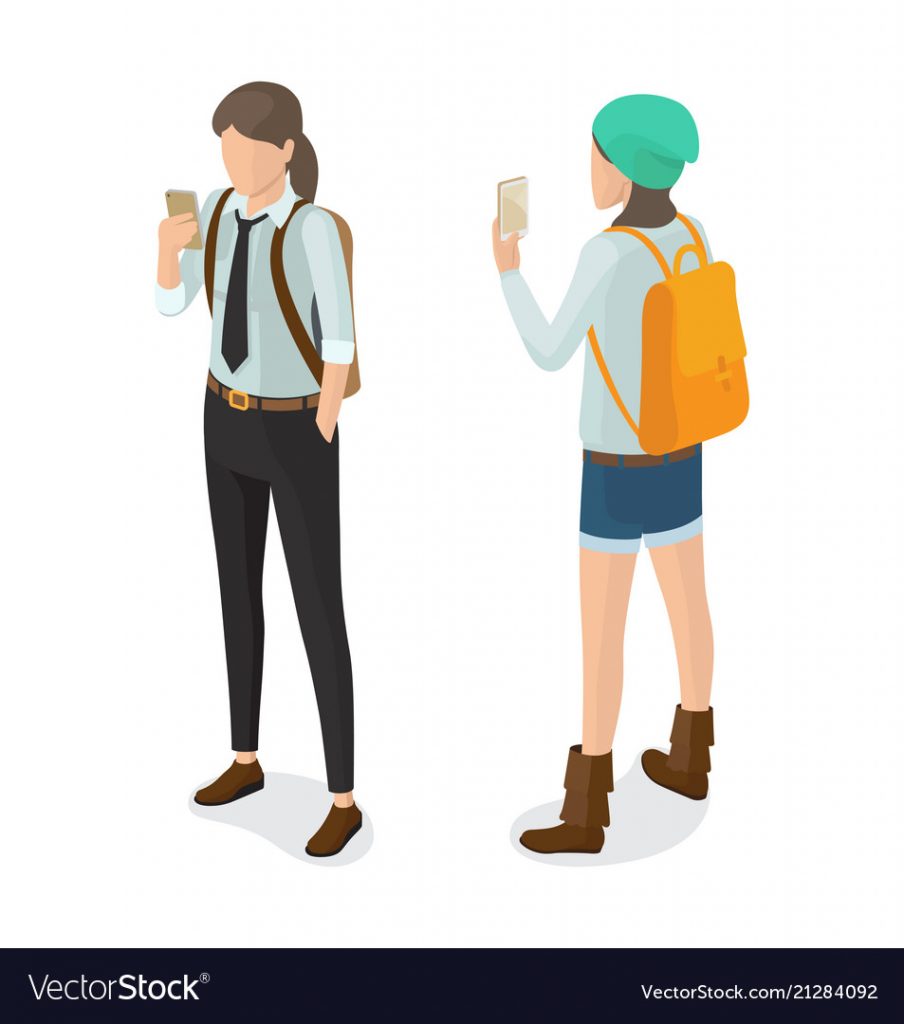By Akanimo Sampson
In a small apartment in Sana’a, the capital city of Yemen lives an eight-year-old boy, Khalid, with his parents and two younger siblings. His mother and father noticed at an early age that he was not reacting to his name when being called. But, they did not yet realise that their young son might have a hearing problem.
As he grew old enough to start speaking, Khalid’s speech became slurred and incomprehensible.
Khalid’s father, Ahmed said: “He used to speak gibberish; we couldn’t understand him. He could not mimic words properly because he could not hear them well in the first place.”
Khalid began school with other children his age, but by the age of six, he was not progressing. He would get frustrated in class as he was unable to understand the lessons. Eventually, his school suggested to his father Ahmed that Khalid should repeat kindergarten as he was falling behind.
Eventually, it was Khalid’s grandmother who suggested that he be taken to see an ear specialist. Upon further examination, the specialist told Ahmed that Khalid had a problem in both ears and could not hear properly. Finally, the family had an explanation for the issues the young boy was facing.
“When Khalid was two months old, he suffered from an acute fever for two weeks. We think this resulted in his hearing loss,” said Om Khalid, Khalid’s mother.
Explaining further, Ahmed said, “we regret not knowing about his hearing loss earlier because we might have been able to help him before his situation got worse.”
Om Khalid and Ahmed still had some hope though — the ear specialist told them that their son will be able to hear with hearing aids. The family was willing to do whatever they could to get Khalid an assistive device, even if just for one ear.
However, once Khalid’s parents began researching hearing aids, they were shocked by the high prices, far beyond what they could afford.
Om Khalid and Ahmed’s predicament is not unique: the conflict in Yemen has taken a massive toll on both the economy and the public health sector. With only half of health facilities functioning, health needs are steadily increasing, and fewer families able to afford to pay for private care.
Worry began to eat away at Ahmed. He feared that he may never be able to raise the money needed for a hearing aid before Khalid lost the rest of his hearing. “I was determined to get my son at least one hearing aid, so I appealed to a lot of organisations for help to no avail. A friend of mine told me about the International Organisation for Migration’s (IOM) medical assistive device support, so I applied”, he said.
Through support from the Office of U.S. Foreign Disaster Assistance (OFDA), IOM in Yemen was able to respond to Ahmed’s request and provided Khalid with hearings aids for both ears. “We received the hearing aids less than a month after we applied, and my son has been using them for nearly seven months”, Ahmed said, adding, “when Khalid first started using the hearing aids, he was extremely happy.”
Before receiving the hearing aids, Khalid could not understand what was going around him and found it difficult to remain calm. As a result, he used to break his toys. Upon receiving his hearing aids, his speech began to improve and so did his interactions with the people and things around him.
“Teachers said that his behavior improved after receiving the hearing aids and he can play with his friends at school,” Om Khalid said.
Khalid has begun the first grade and is now able to understand the lessons and study like his peers. He is also making good progress with his speaking, but it will take another year or two until he is able to speak normally.
“I can hear better now,” said Khalid, “I like to study English and the Quran in school, and I like to play in the garden.”
Khalid and his hearing aids are inseparable now. He keeps telling his parents how grateful he is for the devices which allowed him to hear and properly start his education.
Through its partnership with OFDA, IOM has been able to support displaced children in Sana’a, Aden and Ibb with hearing aids, helping many of them hear for the first time.

